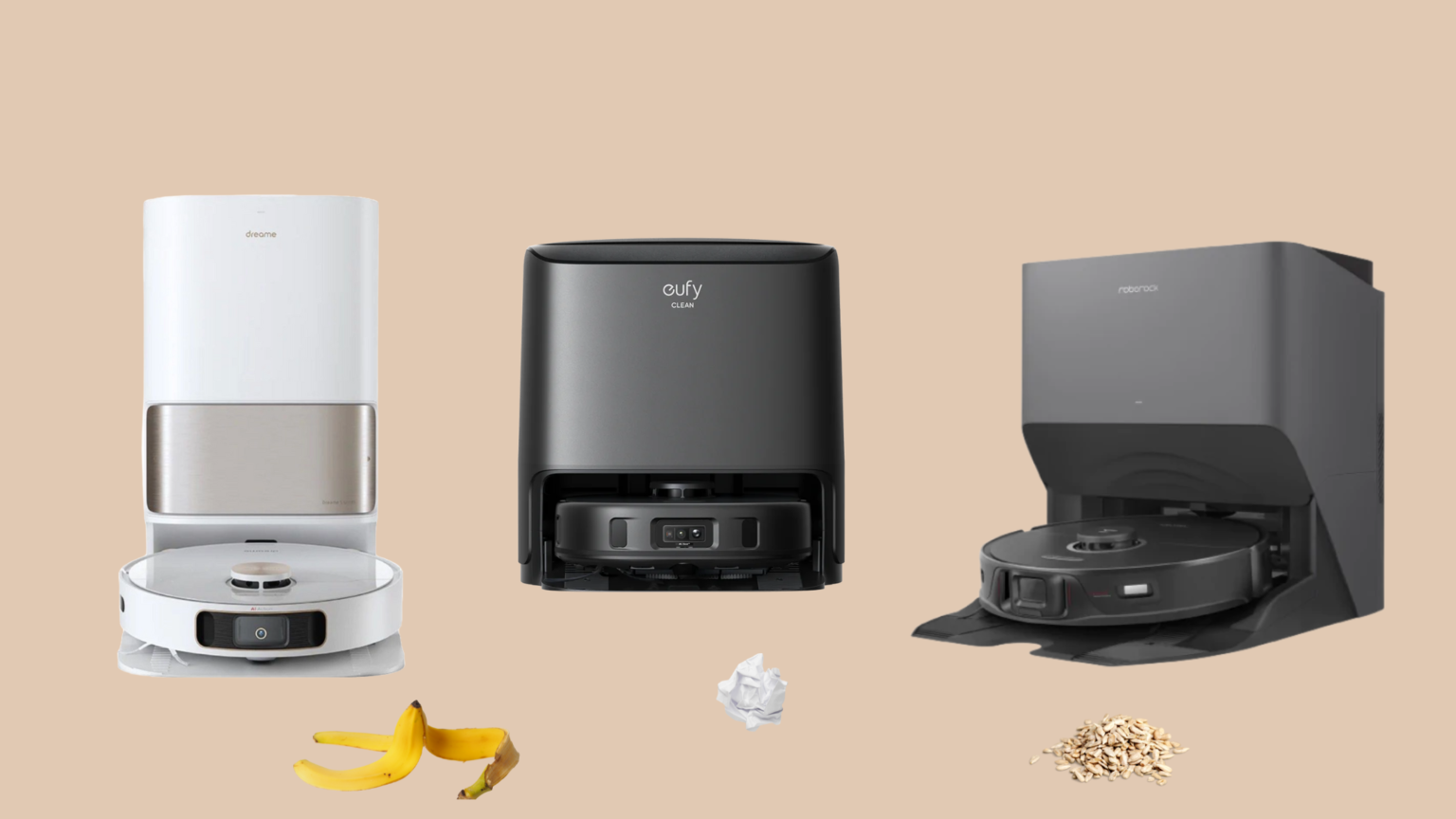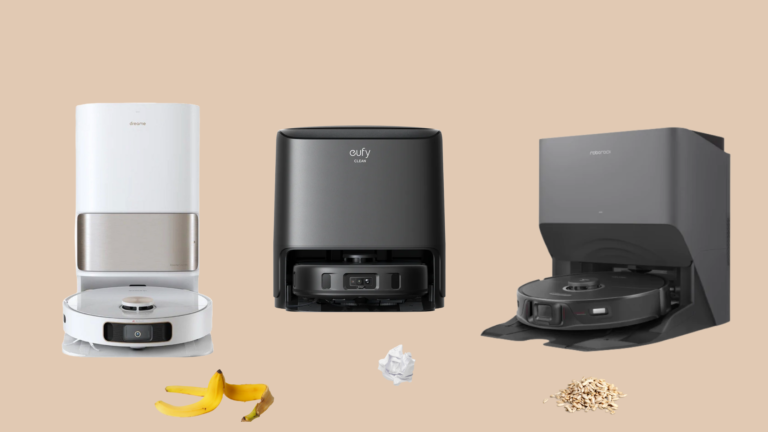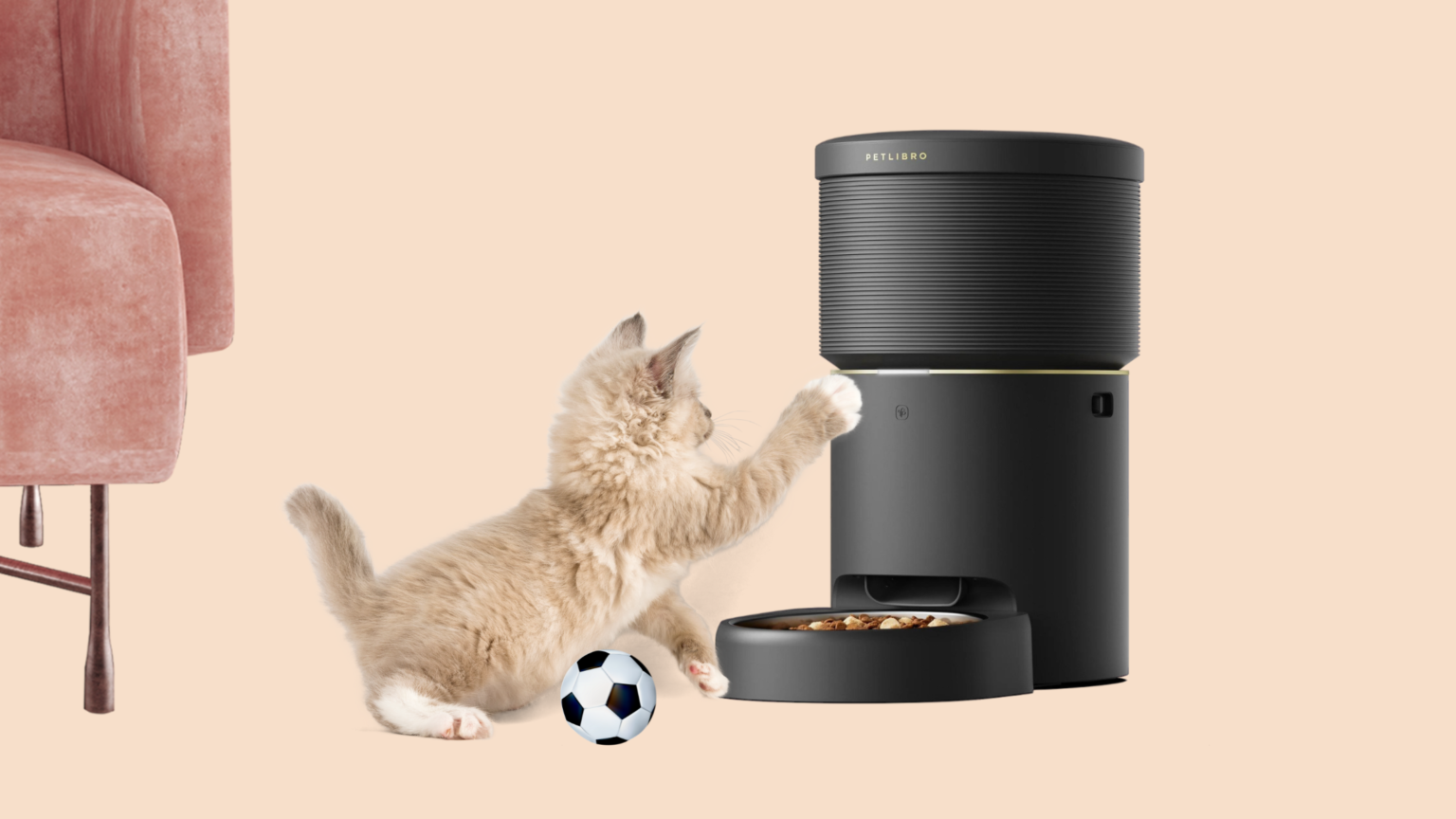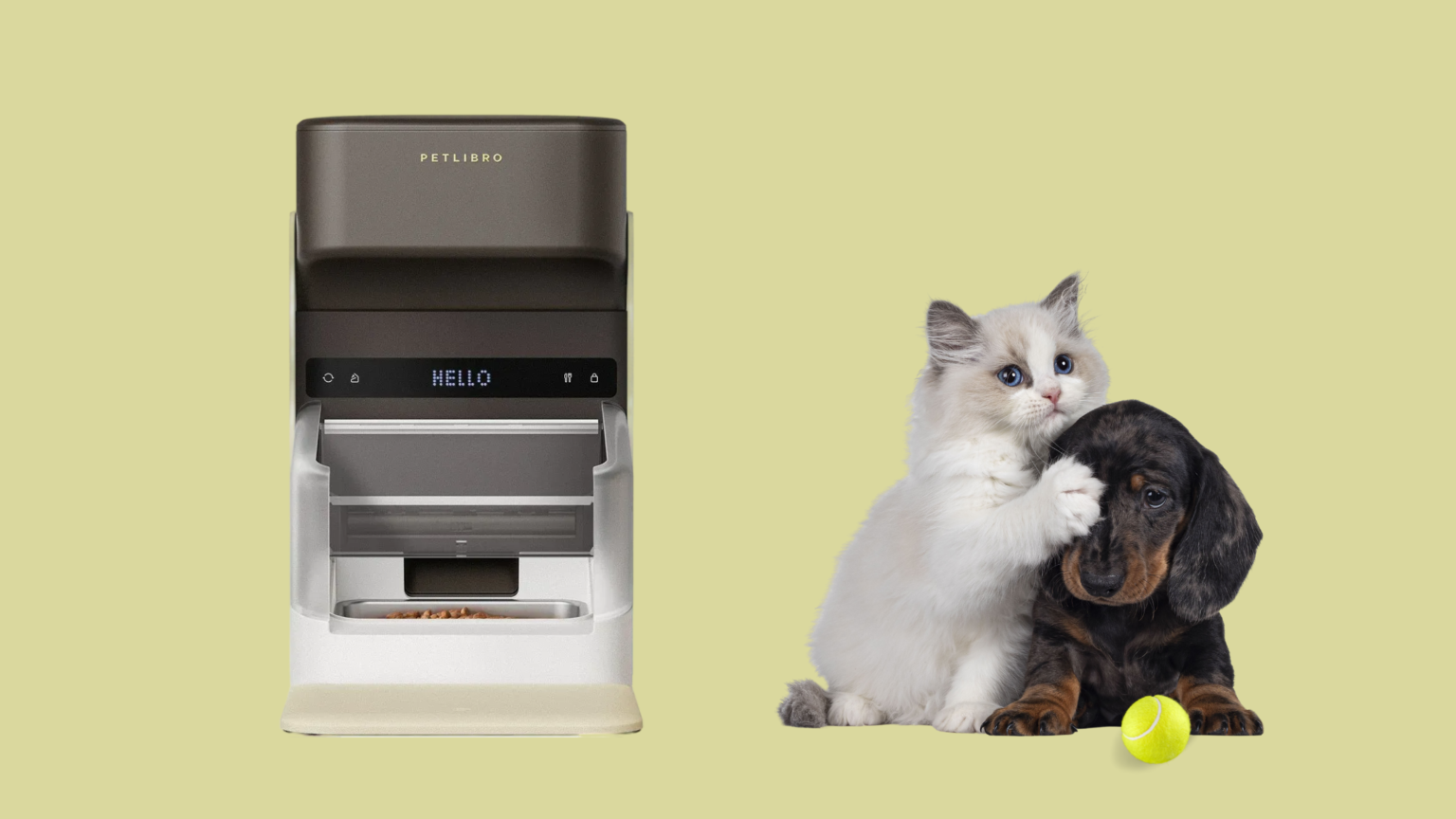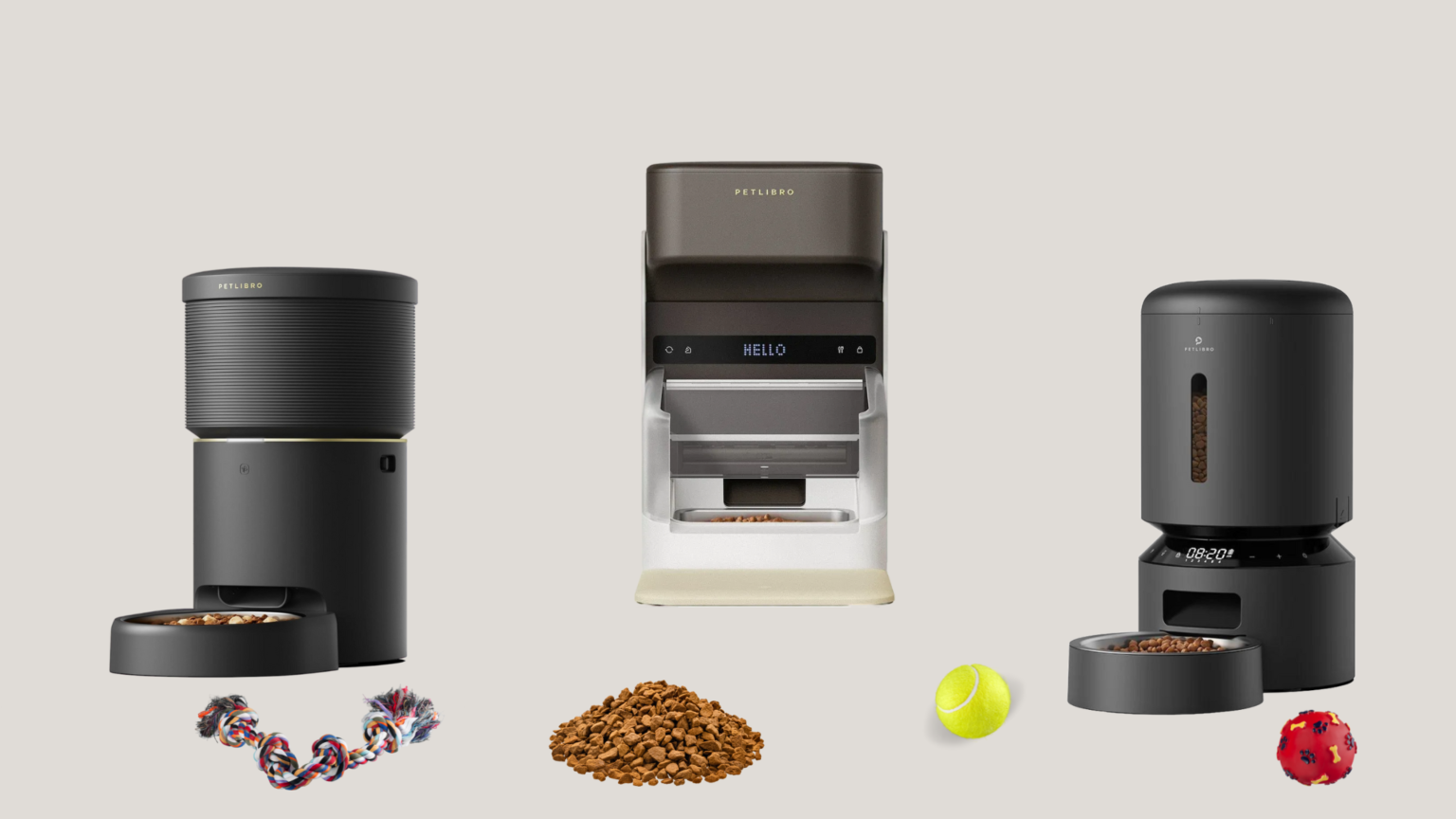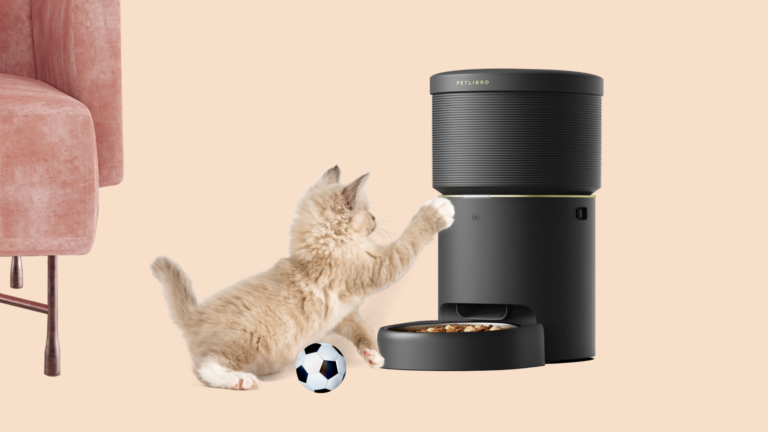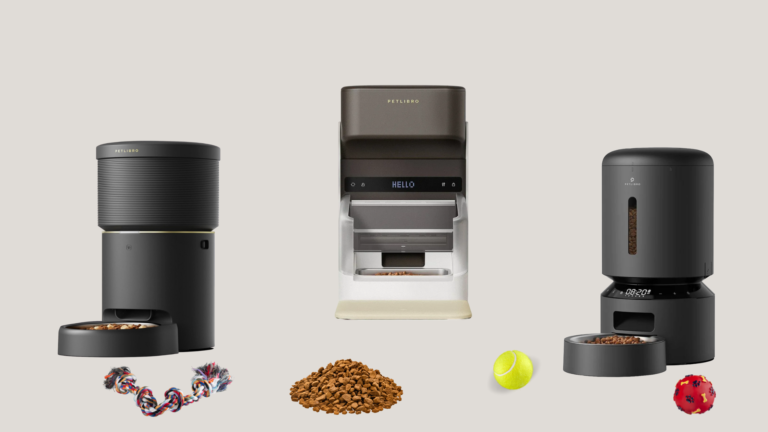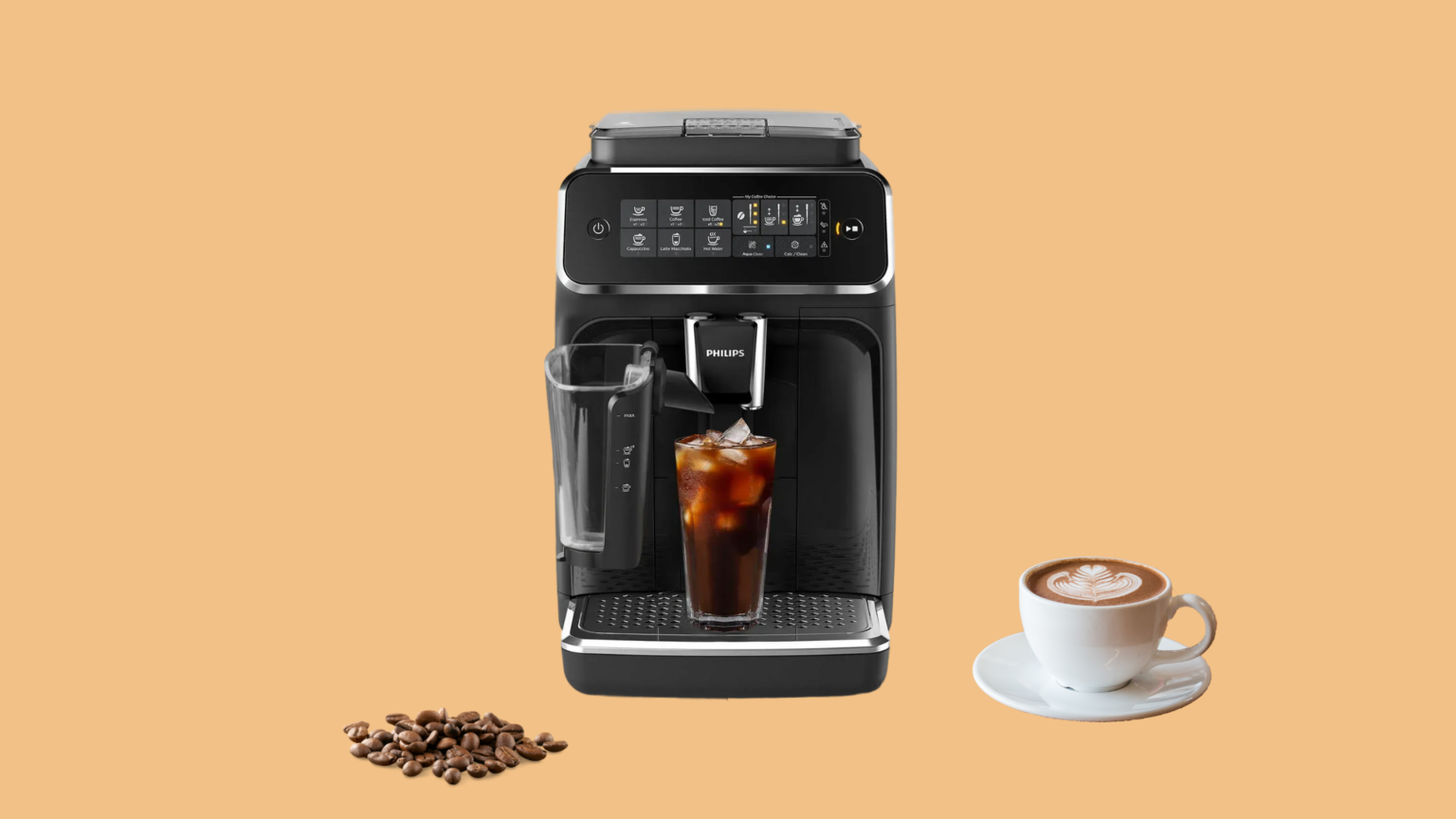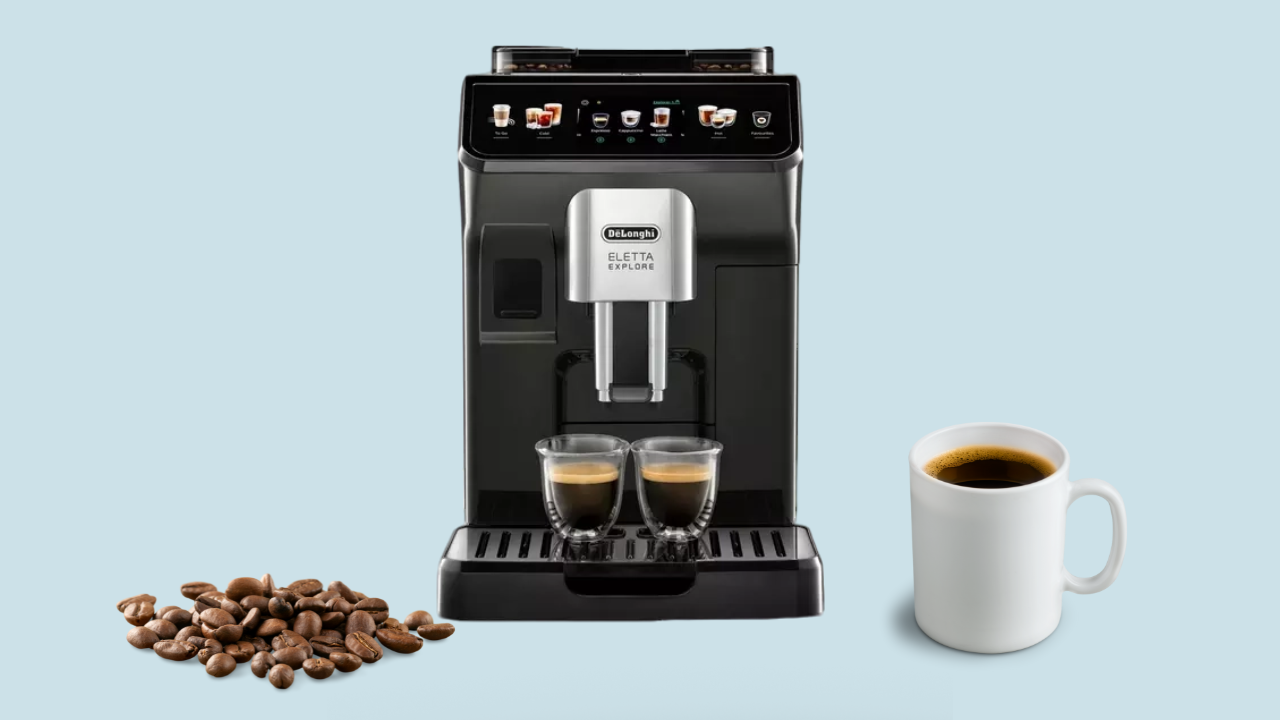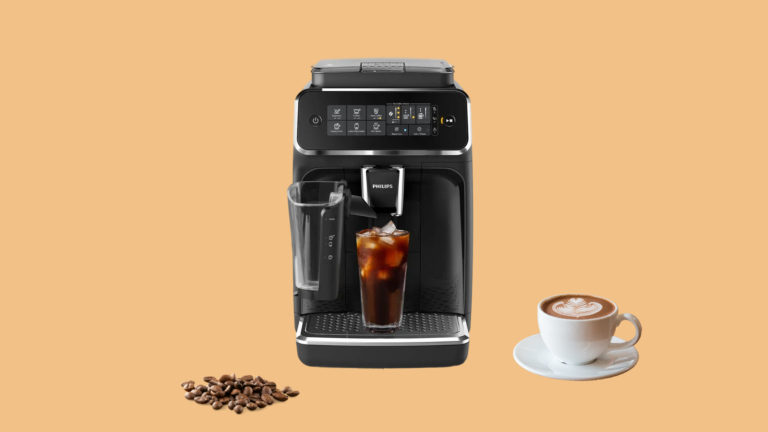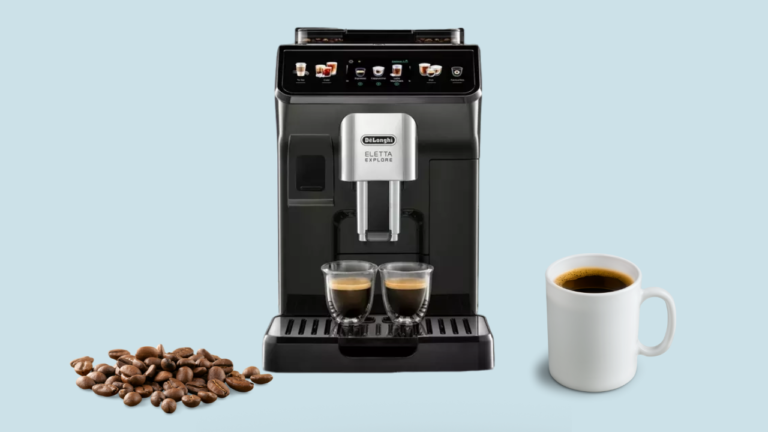In today’s fast-paced world, technology has transformed almost every aspect of our lives, including the healthcare industry. The integration of technology in healthcare has brought about numerous advancements, making healthcare more efficient, accessible, and effective. In this article, we will explore 3 Benefits of technologies in Healthcare to Empower Health and Wellness through Healthcare Devices.
Table of Contents
- Introduction
- Benefit 1: Improved Patient Care and Outcomes
- Benefit 2: Enhanced Diagnostic Accuracy
- Benefit 3: Streamlined Administrative Processes
- Conclusion
- FAQs
Introduction
Are you struggling to find the Best Technologies in Healthcare? If you are, there’s no better time to make the exact research to find out what the 3 Top technologies in Healthcare are
You don’t have to be expert to find them on Google. 99% of the People in US say that it’s important to invest in digital health
In fact, we spent $100 on researched about the best 3 Technologies in Healthcare
Embracing these advancements leads to optimized efficiency and improved healthcare outcomes.
Learn more about The Impact of Technology in Healthcare
Let’s walk you through the 3 Benefits to get your Mental Health be 10 times better,
Benefit 1: Improved Patient Care and Outcomes
In the ever-evolving landscape of healthcare, the pursuit of improved patient care and outcomes stands as a paramount goal. With a focus on enhancing the quality, safety, and effectiveness of healthcare services, providers and systems are continuously striving to deliver care that exceeds expectations. Here’s how:
1. Telemedicine – The Virtual Care Companion
Telemedicine, comparable to Amazon Echo Show, enables patients to receive virtual medical consultations and treatments from the comfort of their homes. With telemedicine, healthcare providers can remotely monitor patients, offer personalized care, and ensure timely interventions. This technology not only improves access to healthcare, especially for individuals in remote areas, but also reduces the burden on healthcare facilities.
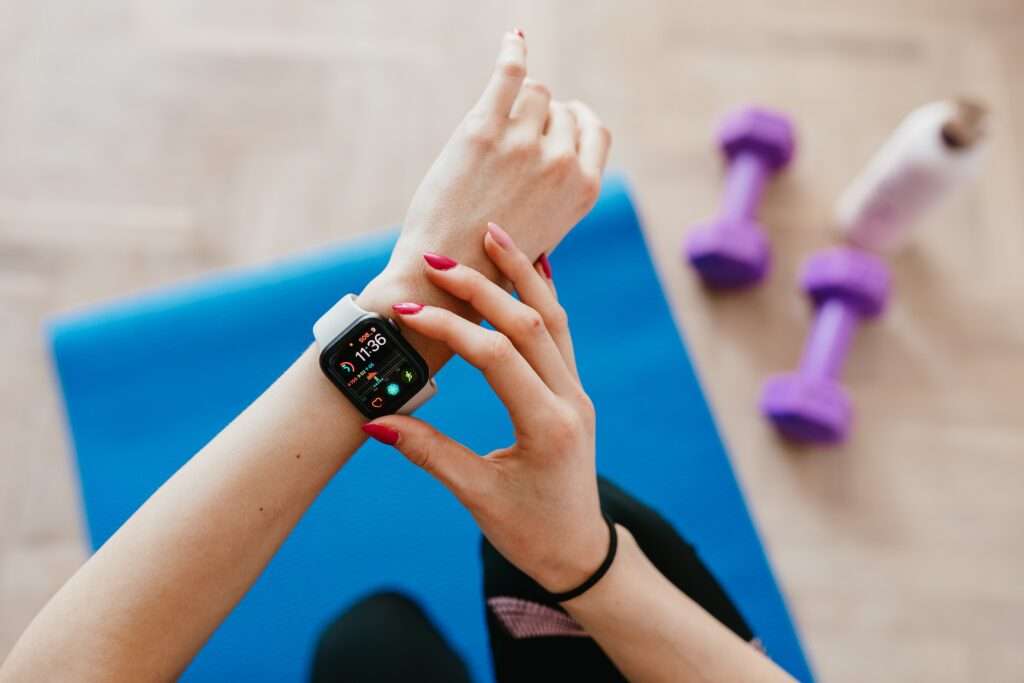
Telemedicine, often referred to as the virtual care companion, has revolutionized the way healthcare is delivered. Through the use of technology and remote communication, patients can now access medical care and consultations from the comfort of their homes.
For more additional information click, How Does Telemedicine Work?
2. Wearable Devices – Health Trackers at Your Fingertips
Similar to Fitbit, wearable devices have become an integral part of healthcare technology. These devices monitor vital signs, track physical activities, and provide valuable health insights. By analyzing data collected from wearable devices, healthcare professionals can detect early warning signs, encourage preventive measures, and facilitate personalized treatment plans. Wearable devices empower individuals to take control of their health and well-being, just like ordering a Fitbit from Amazon.
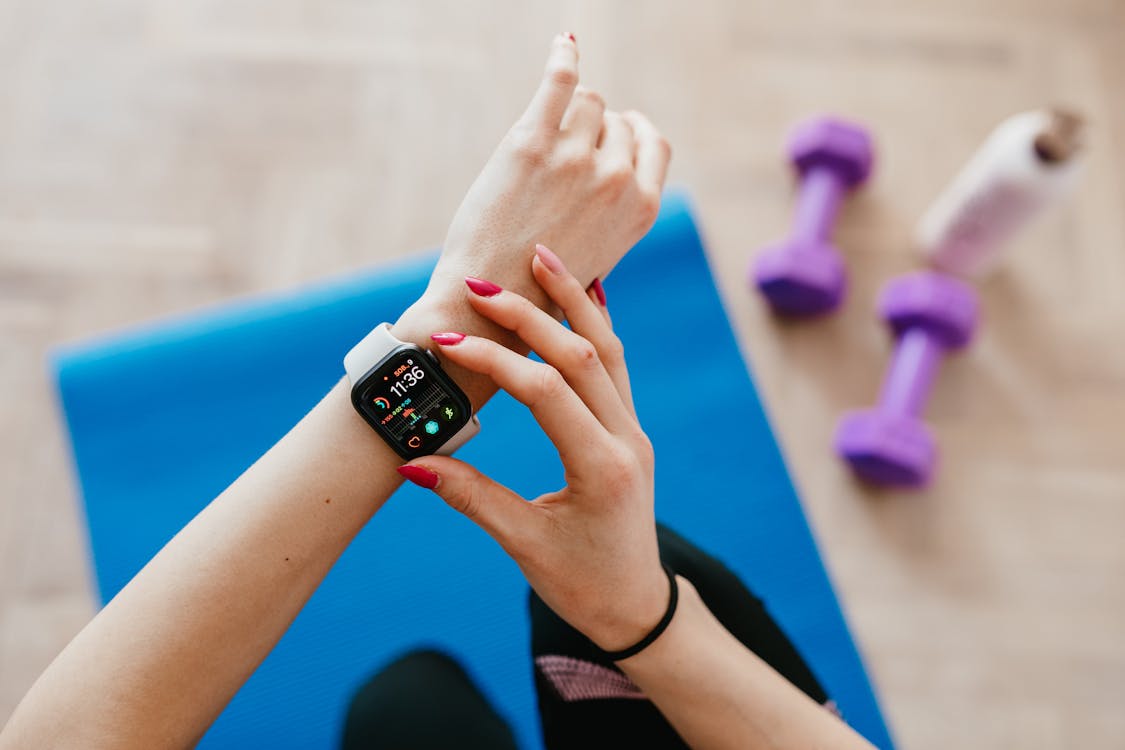
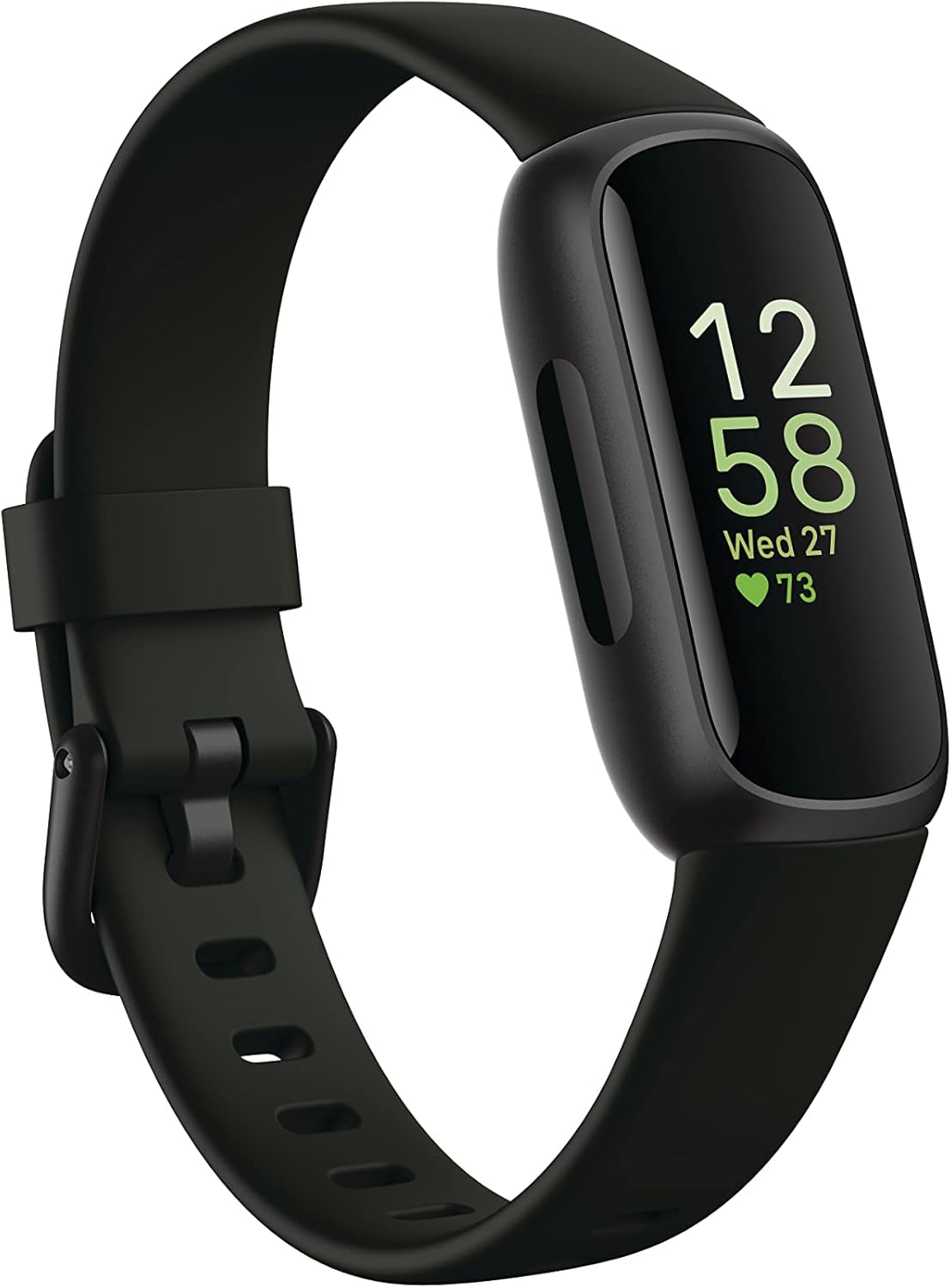
These devices, such as fitness trackers and smartwatches, enable individuals to monitor their physical activity, heart rate, sleep patterns, and more. By providing real-time feedback and personalized insights, wearable devices empower users to make informed decisions about their lifestyle, promoting active living, and encouraging behavior change for better overall health.
Electronic Health Records (EHR) – The Digital Health Vault
Electronic Health Records (EHR) are the digital counterparts of traditional medical records. These secure systems enable healthcare providers to access, update, and share patient information seamlessly. Similar to Amazon’s cloud storage, EHRs store medical data in a centralized and organized manner, ensuring easy retrieval and reducing the risk of data loss. EHRs streamline workflows, enhance care coordination, and improve patient safety by providing comprehensive and up-to-date medical so they Empower Health and Wellness through Healthcare Devices

The Digital Health Revolution is the first consumer look at how digital health technologies are helping us collect, analyze and take action on our personal healthcare data. We check in with 30 of healthcare’s top thought leaders to capture and share their insights.
information.
Benefit 2: Enhanced Diagnostic Accuracy
In the realm of healthcare, accurate and timely diagnoses play a crucial role in effective treatment. Technology has brought remarkable advancements in diagnostic capabilities, improving accuracy and reducing errors. Let’s explore how these benefits align with popular Amazon products:
Artificial Intelligence (AI) – Your Intelligent Diagnostic Assistant
Artificial Intelligence, akin to Amazon’s Alexa, has become a game-changer in healthcare diagnostics. AI algorithms can analyze vast amounts of patient data, identify patterns, and assist healthcare professionals in making accurate diagnoses. From radiology to pathology, AI-powered tools provide invaluable support, enhancing diagnostic accuracy and reducing the chances of misinterpretation. Similar to how Alexa intelligently responds to our queries, AI assists doctors in making well-informed decisions.
Medical Imaging – Capturing the Invisible
Medical imaging technologies, such as MRI and CT scans, are akin to Amazon’s high-quality cameras. These advanced imaging tools allow healthcare providers to visualize internal structures and identify abnormalities with exceptional precision. By leveraging medical imaging, physicians can detect early-stage diseases, guide surgical procedures, and monitor treatment effectiveness. Just like how Amazon cameras capture moments with clarity, medical imaging devices capture intricate details of the human body.
Benefit 3: Streamlined Administrative Processes for Empowering Health and Wellness
Efficient administrative processes are vital for healthcare organizations to deliver quality care while managing operational complexities. Technology has introduced transformative solutions that streamline administrative tasks, akin to popular Amazon products:
Electronic Health Record (EHR) Systems – The All-in-One Organizer
Electronic Health Record (EHR) systems, similar to Amazon’s Echo Show 10, serve as comprehensive organizers for healthcare organizations. These integrated systems automate administrative processes, including appointment scheduling, billing, and inventory management. EHR systems improve efficiency, reduce paperwork, and minimize errors, enabling healthcare providers to focus more on patient care. Just as Echo Show 10 assists in organizing our smart home devices, EHR systems streamline administrative tasks to Empower Health and Wellness through Healthcare Devices

Robotic Process Automation (RPA) – The Reliable Task Assistant
Robotic Process Automation, comparable to Amazon’s robotic devices, automates repetitive and time-consuming administrative tasks. RPA can handle data entry, claims processing, and report generation with precision and efficiency. By deploying RPA, healthcare organizations can free up valuable human resources, reduce costs, and minimize errors resulting from manual data entry. RPA acts as a reliable task assistant, just like Amazon’s robotic devices simplify our household chores.
Conclusion
Technology has become an invaluable ally in the healthcare industry, offering numerous benefits that enhance patient care, improve diagnostic accuracy, and streamline administrative processes. From telemedicine to wearable devices, artificial intelligence to electronic health records, technology continues to revolutionize healthcare delivery. By embracing these advancements, healthcare providers can optimize efficiency, elevate patient experiences, and improve overall healthcare outcomes.
FAQs
Get Access Now: click here



